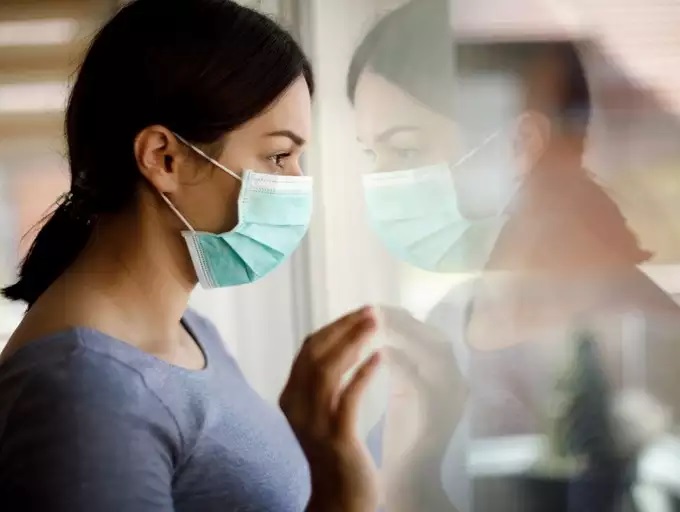How To Deal With The After Effects Of Covid-19 Infection

Coronavirus pandemic has been very unforgiving in engulfing the entire world. COVID-19 cases in India are skyrocketing without any sign of relief. Thankfully, the recovery rate from this infection in India is very high, thanks to the unflinching doctors and new drugs formulated for severe cases. However, the post-recovery effects of coronavirus are bothering many people.
It has been found that many people who recovered from this infection are unable to return to their normal lives because of the after-effects. In these cases, vaccines are not the only solution, but the health sector needs to come up with a comprehensive technique to fight the virus as well as its terminal effects on the current patients. In any scenario, it is necessary for the patient to stay calm and patient while trying to overcome these negative health impacts.
Here are some tips that you can use to deal with these after-effects of coronavirus infection.
Hearing Impairment
Researchers have found that 29% of patients have faced deterioration of hearing or tinnitus after recovering from this virus. There is a possibility that COVID-19 causes problems in the auditory system. According to Kevin Munro, a researcher and professor of audiology at the Manchester University, a hearing problem wherein cochlea functions but transmission along the auditory nerve to the brain gets impaired, also known as auditory neuropathy, can result in the inability to hear background noise.
The best solution to cope with this problem is to not take it in your hands. This virus is quite peculiar and there is no solid solution to any of its symptoms, treatment, or after-effects recovery. Don’t risk your overall health with home remedies or self-diagnosis. Consult an ENT specialist or a neurologist. Doctors will be better able to diagnose your ailment and prescribe the appropriate treatment. You don’t have to worry about the post-hospitalization treatment if you have coronavirus health insurance that covers these expenses as well.
Hair Loss
Many COVID-19 patients have reported extreme hair loss and telogen effluvium (TE), a form of temporary hair loss, post-recovery. There is no clarity that this is a direct effect of COVID-19. Experts are of the opinion that this can be a result of high fever and other draining symptoms that the body faces during this disease. Hormonal imbalance, stress, genetics, age, and correlated health issues have been associated with the trigger of hair loss among patients.
There is no quick-fix to this issue. It usually takes between 3 to 9 months to fully recover from TE. You should seek medical aid at the earliest. Consume rainbow diet, exercise, take enough sleep, meditate, don’t use unnecessary products on your hair, and don’t indulge in excessive hair care.
The after-effects can be prolonged if not diagnosed and treated properly. Give yourself some time to cope with the situation before you start worrying about these problems again. You can even buy health insurance online to deal with the financial strain and make yourself your priority.








